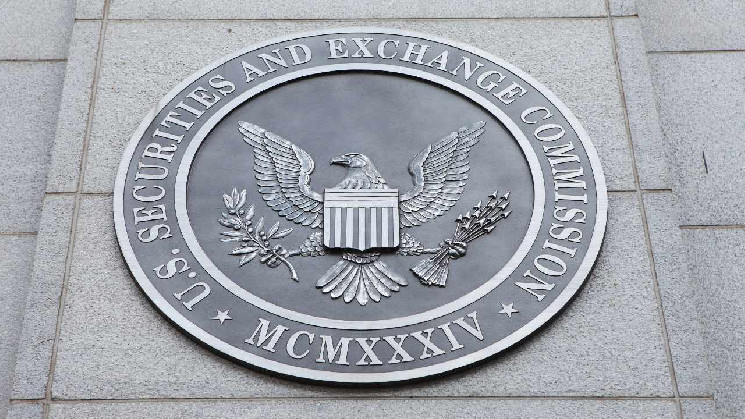The U.S. Securities and Exchange Commission (SEC) has adopted rules to require firms that act like dealers to register with the Commission. A lawyer explained that the securities regulator took a shot at decentralized finance (Defi) with the rules, which explicitly target decentralized exchanges’ (DEX) liquidity providers (LPs) with at least $50 million in assets.
Concerns Mount Over SEC’s Revised Dealer Rules
The U.S. Securities and Exchange Commission (SEC) adopted rules to “include certain significant market participants as ‘dealers’” last week. “I am pleased to support this adoption because it requires that firms that act like dealers register with the Commission as dealers,” said SEC Chair Gary Gensler.
“The securities laws give the SEC authority to regulate ‘dealers,’ defined as ‘any person engaged in the business of buying and selling securities . . . for such person’s own account,” Jake Chervinsky, chief legal officer at Variant, described. “This means big market makers like Citadel, etc.” Noting that the new rule targets decentralized finance (defi), particularly liquidity providers (LPs) of decentralized exchanges (DEXs), he stated:
The SEC took a shot at Defi … by finalizing its proposed ‘dealer’ rule, which explicitly targets DEX LPs with at least $50m in assets.
Chervinsky explained that the SEC proposed the dealer rule two years ago. “The proposed rule makes no legal sense: it’s much broader than the definition of ‘dealer’ in the statute, which sets a limit on the SEC’s authority,” he cautioned. “It also makes no policy sense: it overturns decades of precedent to capture people who can’t and shouldn’t register as dealers.”
The lawyer added: “The SEC received many comment letters criticizing the proposal for hampering innovation, exceeding the SEC’s statutory authority, and violating various rulemaking requirements under the Administrative Procedure Act.” However, he emphasized:
Sadly, the SEC finalized the rule anyway, with an exception for persons with less than $50m in total assets.
“It’s set to take effect in 2025, assuming it survives scrutiny in the courts. I expect it won’t be long before someone files a lawsuit,” he continued. “Even if it takes effect, it won’t give the SEC jurisdiction over defi. The SEC’s claim of authority over defi dealers relies on the premise that digital assets are securities. That core issue is the subject of litigation across the country, and mostly the SEC is losing.”
Noting that “The digital asset industry engaged in a good faith effort to address concerns in the Securities and Exchange Commission’s rulemaking process to update the definition of a ‘dealer,’” Blockchain Association Head of Legal Marisa Coppel stressed:
Unfortunately, the final rule does little to engage constructively with industry concerns, cementing an unworkable rule that overturns an established framework in favor of an amorphous focus on whether a person acts as a ‘de facto’ market maker.
“The revised ‘dealer’ definition imposes impossible requirements onto defi projects, provides no clarity to market participants, and could lead to withering innovation across
the digital asset ecosystem,” Coppel warned.

